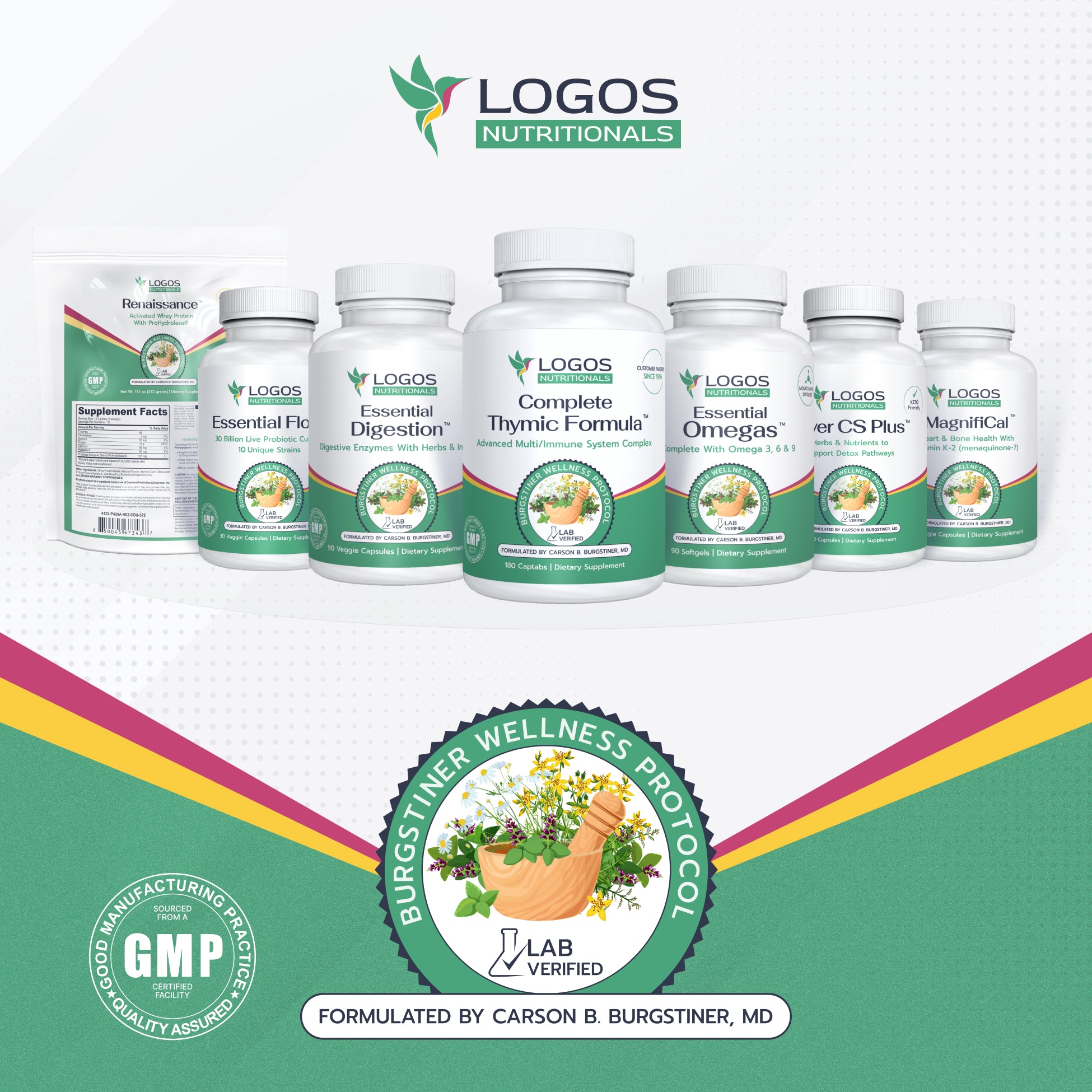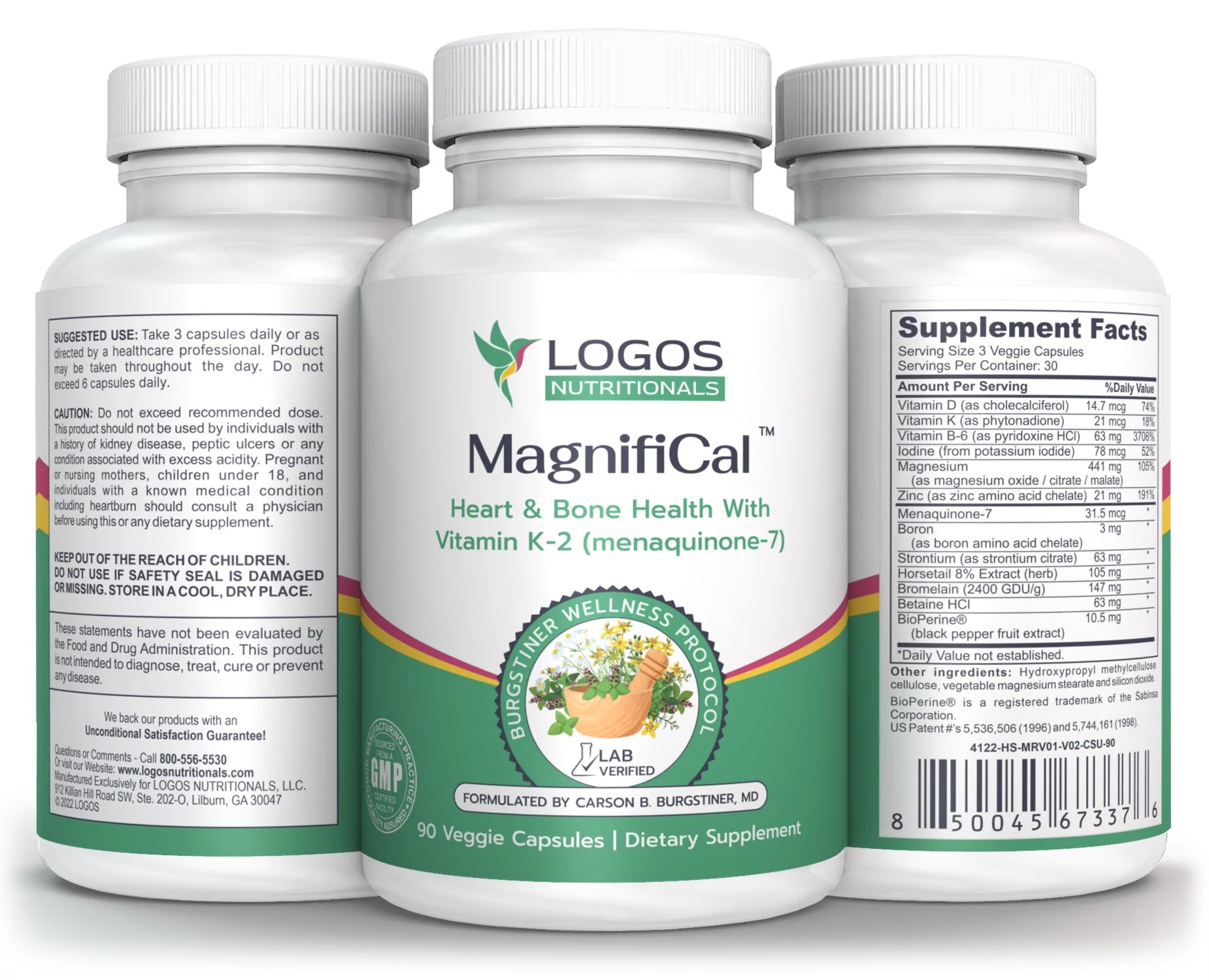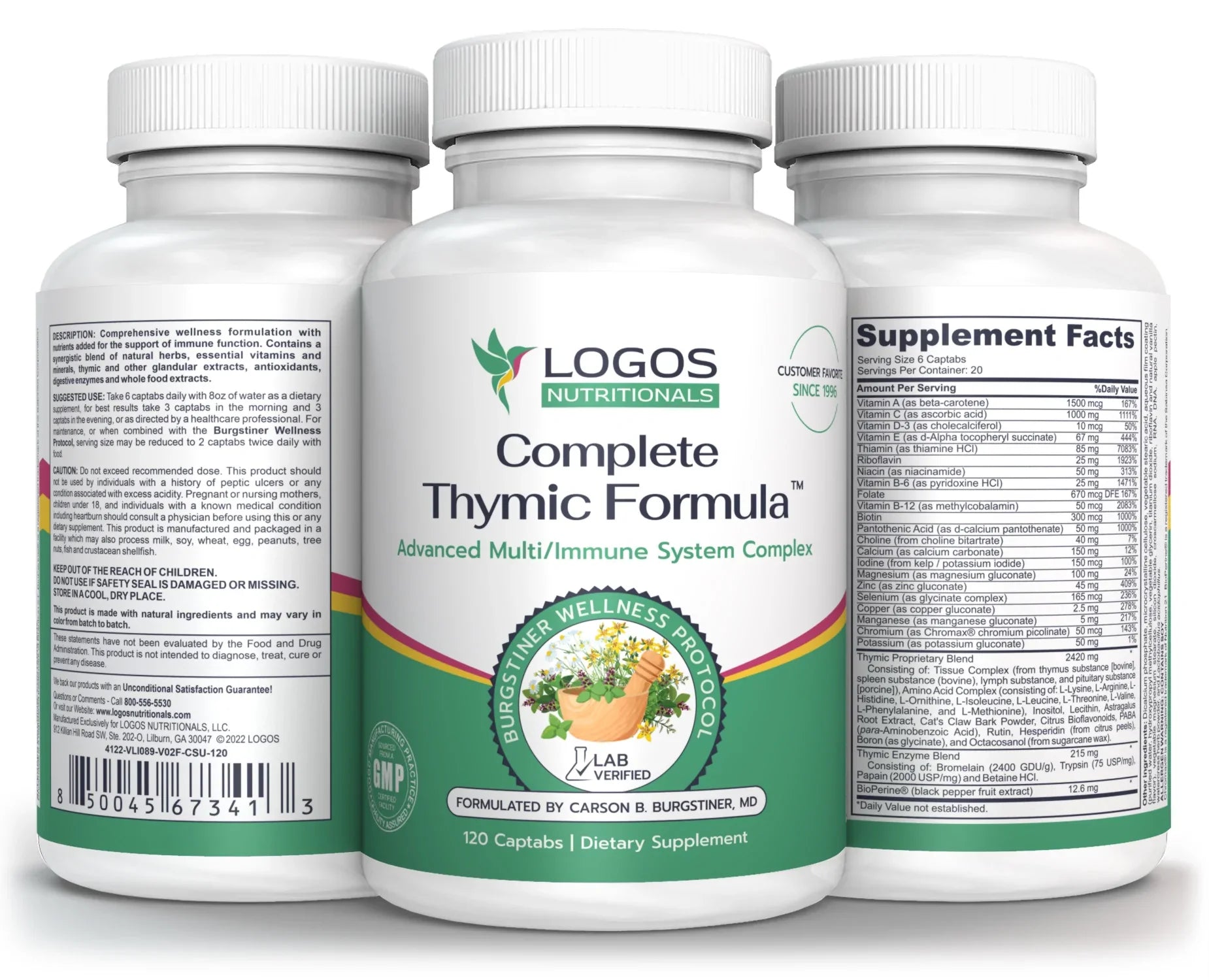Through the advances of "modern antibiotics" and genetically modified organisms, mankind has managed to unleash superbugs upon humanity for which conventional medicine currently has no answer. Chronic, persistent infections are becoming more and more common, and increasingly more difficult to treat.
New super strains of microbes have been bioengineered for a vast array of uses, from agricultural and industrial to medical and military (bioweapons). It seems that whenever mankind chooses to cross the line between created and creator, there are unintended consequences.
However, with or without our intervention, microorganisms have proven to be quite resourceful themselves. One example of this is biofilm formation - the organized and purposeful assembly of microbes into a localized community for protection and mutual support.
Patients confront this problem with virtually all medical implants, and "biofilm strategies" may be largely responsible for many other types of chronic infections that appear to be unaffected by repeated exposures to prescription antibiotics. Fortunately, there is a safe and natural way to minimize biofilm formation in the body, thereby depriving the microbes of their "safe haven" and exposing them to our full immune arsenal.
Biofilms and Chronic Infection
A biofilm is an aggregate of microorganisms in which cells are stuck to each other and/or to a surface. These adherent cells are embedded within a self-produced matrix (often referred to as "slime") that is made of proteins, fiber and polysaccharides. Biofilms may form on living or non-living surfaces, and are commonplace in natural, industrial and hospital settings.
According to leading research, when bacteria are organized in biofilms, they produce highly effective immunoprotective substances which individual bacteria are unable to produce alone. Apparently, they are able to impart genetic material to one another to boost and maintain resistance.
The dense extracellular matrix and the outer layer of cells in a biofilm protect the interior of the community, reportedly increasing antibiotic resistance by up to 1000 fold. Research has shown that biofilms are present on the removed tissue of 80% of patients undergoing surgery for chronic sinusitis.
Systemic Enzymes Boost Immunity by Helping Degrade Biofilms
Restoring the bioterrain of an immune compromised person requires cleansing the body, revitalizing organs and organ systems to maximize cellular energy, controlling inflammation and lowering the overall burden of pathogens. A comprehensive support regimen includes probiotics, digestive enzymes, omega fats, vitamins and minerals, herbs and glandulars to promote liver health, and any number of natural antimicrobials.
Such a regimen will often restore a chronically ill person to productivity, but they may experience recurring bouts of illness if they are harboring lingering infections that are taking refuge in a biofilm. In such cases, systemic enzymes may be the "missing link" to overcoming chronic infections.
Unlike digestive enzymes which do their work in the digestive tract to break down food, systemic enzymes work throughout the body to cleanse the tissues of wastes and unwanted debris lowering inflammation in the process. Systemic enzymes are proteolytic; that is, they break down proteins into peptides and amino acids.
They are able to act on non-living tissue, such as blood clots, cysts, arterial plaque and the substances produced naturally by the body as part of its inflammatory response. Research suggests that proteolytic enzymes hold immense potential in the fight against drug resistant microbes because they help to break up the biofilm communities that harbor them, greatly lowering their resistance.
Systemic enzymes should be enteric coated to prevent contact with the stomach acid. This way they pass through the stomach into the intestines where they are absorbed by the body to work their magic - fighting inflammation and fibrosis, degrading biofilms, modulating the immune system, and cleansing the blood.
Systemic Enzymes Help Balance Immunity
Proteolytic enzymes such as MagnifiZyme are known to be biological response modifiers; that is, they help cell signaling, assisting immune cells in carrying out their tasks. Taking systemic enzymes results in a dose dependent increase in the number and activity of immune cells.
Their ability to eliminate toxins and unwanted debris removes a tremendous burden from the body's immune reserves by lowering the incidence of inflammatory immune responses. This makes systemic enzymes an excellent addition to a comprehensive support regimen for those with chronic infections or depressed immunity (such as AIDS or Morgellons sufferers) or autoimmune disorders (such as ulcerative colitis, Crohn's Disease, multiple sclerosis, rheumatoid arthritis or lupus).
References:
PubMed.gov National Library of Medicine National Institute Of Health (Mazzone A, Catalani M, Constanzo M, Drusian A, Mandoli A, Russo S, Guarini E, Vesperini G. Evaluation of Serratia peptidase in acute or chronic inflammation of otorhinolaryngolog pathology: a multicentre, double-blind, randomized trial versus placebo. J Int Med Res 1990,18(5):379-88).













